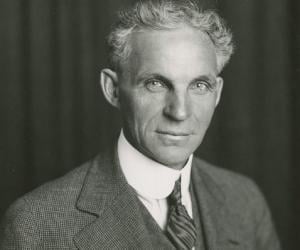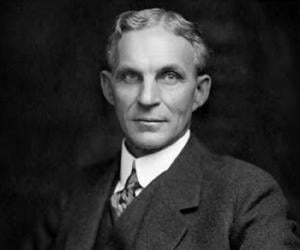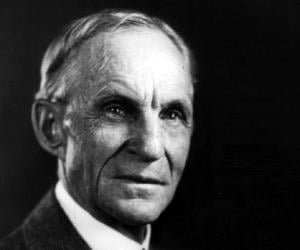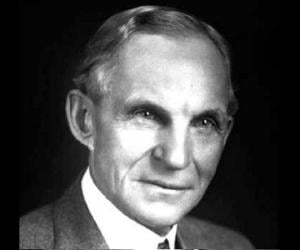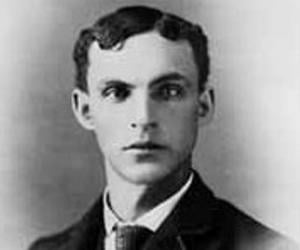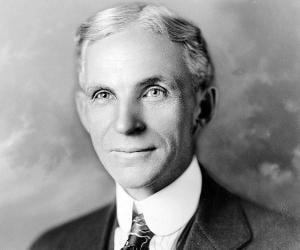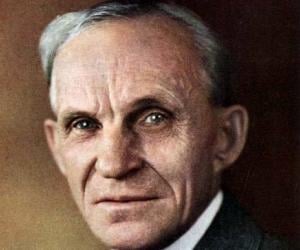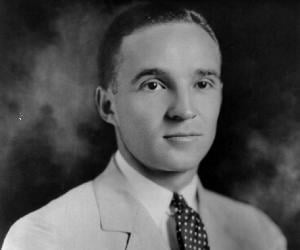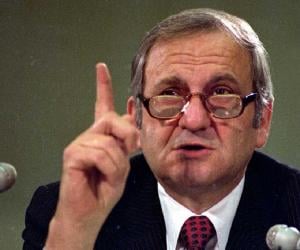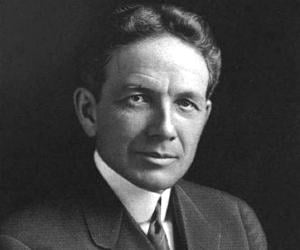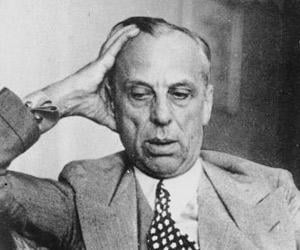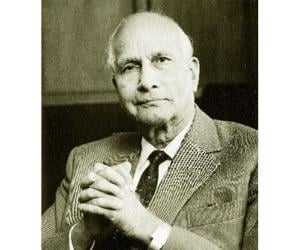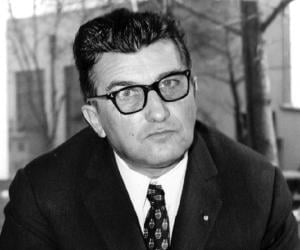Born In: Springwells Township, Michigan, United States
Henry Ford
Henry Ford was an American industrialist who founded the ‘Ford Motor Company,’ which sells automobiles and commercial vehicles under the ‘Ford’ brand. He also played a major role in the development of the ‘assembly line’ technique of mass production. Before he started his company, most American middle-class families could not afford automobiles. However, Ford revolutionized the automobile industry by developing and manufacturing affordable automobiles that even the middle-class community could conveniently purchase. Born to a farmer in Greenfield Township, Michigan, he started displaying leadership qualities and technical skills as a young boy. He was expected to follow in his father’s footsteps and become a farmer, but he had other plans for himself. Intelligent and hard-working, he apprenticed with a machinist and went on to become an engineer. Fascinated with automobiles, he started conducting his own experiments in building them. During this time, he became acquainted with the famous inventor Thomas Edison who encouraged his experiments. Motivated, Ford built several automobiles before establishing the ‘Ford Motor Company.’ As an industrialist, he adopted several innovations in his company that revolutionized the entire automobile industry. He was also well-known for his pacifist views and staunch opposition to wars.
Born In: Springwells Township, Michigan, United States
